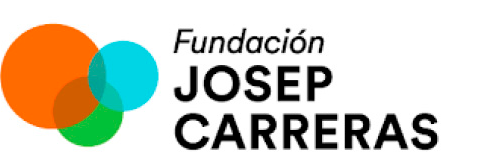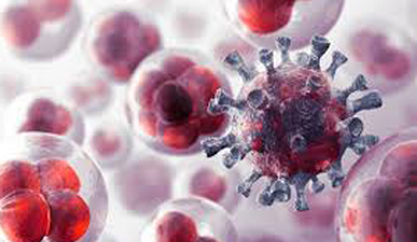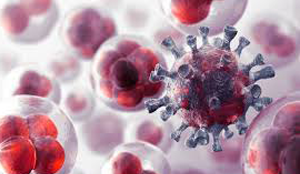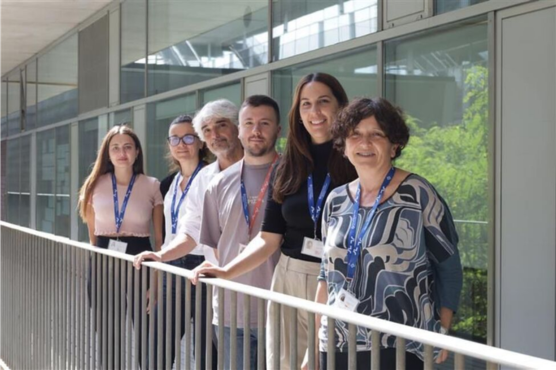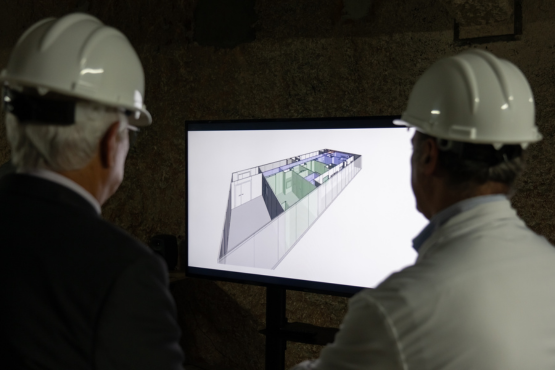La inmunoterapia trabaja potenciando nuestro propio sistema inmunitario para que elimine de forma natural las células cancerosas. El objetivo es que el sistema inmunitario ataque a las células neoplásicas de la manera que queremos y que detecte si estas se vuelven a reproducir y vuelva a actuar.
Estos son los proyectos que se están llevando a cabo en el Campus Clínico-UB del Instituto de Investigación contra la Leucemia Josep Carreras (IJC), situado en la Facultad de Medicina de la Universidad de Barcelona, coordinados por el Dr. Álvaro Urbano Ispizua. El Dr. Urbano es el coordinador científico del Campus Clínico-UB del IJC y Director del Instituto de Enfermedades hemato-oncológicas del Hospital Clínico de Barcelona.
At this campus we are working on various lines of research in this area of immunotherapy.
1. Checkpoint inhibitors. Checkpointsare the signals sent from the cancer cell to the immune cell to prevent it from being attacked. The aim is to inhibit these signals so that the immune cell recovers its anti-tumour function. We are continuing to work on the identification of substances to develop drugs that act on this signal. This line of research began with emphasis on Hodgkin’s lymphoma and other lymphomas such as melanomas.
2. Mechanisms of natural cell death directed towards the cancer cell. We are working in the laboratory on the stimulation of natural killer, or NK, cells in umbilical cord blood, an important kind of lymphocyte for the immune defence system. These are later introduced into the patient so that they can attack cancer cells in a natural way. This therapy is beginning to be studied with patients suffering from multiple myeloma, although it may be replicated for a number of different diseases.
3. CARTs therapy. The most important leukaemia research project over the last ten years concerns the discovery of CAR-Ts, or chimeric antigen receptors in lymphocyte T-cells. CARTs are lymphocyte T-cells cells in the immune system which are genetically reprogrammed to selectively attack leukaemia cells, while leaving healthy cells undamaged. CARTs could, for 80% of patients, be able to eliminate acute lymphoblastic leukaemia that resists conventional treatment. It is therefore a highly efficient treatment for leukaemia, and one that is not very toxic for patients.
¿Por qué necesitamos investigar?
Se quiere potenciar las defensas que nuestro cuerpo tiene, de forma natural, hacia las células malignas. De esta manera daremos más oportunidades a los pacientes que han agotado los protocolos de quimioterapia convencional y para minimizar así los efectos secundarios y la toxicidad de los tratamientos actuales.

